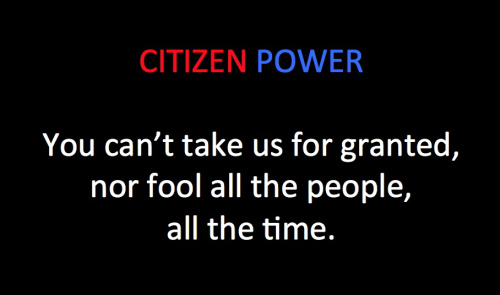
It is disappointing how unsurprising it was that there was an established link between our president and the Panama Papers scandal. The International Consortium for Investigative Journalists named Khulubuse Zuma as one of the parties involved in the sordid dealings of law firm Mossack Fonseca.
The truth is that this extends far beyond the obvious and easy targets, such as the 18 or so high-profile Africans said to be mentioned in the reports, including Kenya’s deputy chief justice and the son of former UN secretary-general Kofi Annan. David Cameron’s father was also named as a client of the controversial firm despite the lip service the prime minister has paid to clamping down on tax avoiders.
Back home, estate agency Pam Golding is scrambling to explain allegations that it set up seven accounts in the British Virgin Islands. Moreover, if as a number of commentators have highlighted, this is just one company based in one tax haven, it is not hard to imagine the number of highly respected local business and political leaders who are sweating golf balls now.
The curious absence of Americans and their allies is noted, but an immediate truth is that plutocrats and politicians have created a community unbound by sovereign jurisdiction.
Although it may be unclear who is abusing the system most, what is clear is that it is the bulk of citizens who are getting shafted. The state as we know it is not failing — it has failed.
Globally, political leaders and their plutocrat sponsors have supported systems that are often illegal, rarely ethical and often against the values of the constitutions that guide societies. Wealth accumulates to a few and is housed away from where it is siphoned, avoiding the moral obligation to pay tax. Those of us confined by sovereign boundaries are forced to pay more to make up for the shortfall in state coffers.
Tax is no longer an obligation, part of a meaningful social contract, a building block of a social order that is equitable and fair.
Citizens are participating in democracies that no longer exist, where elected representatives account to a few, where unelected officials no longer account to bureaucracies based on rules and laws. Power is no longer vested in voters, it is not our authority that is vested in legislatures and delegated to the executive.
My original intention for this column was to argue for more thoughtfulness in our dealings with governing political parties. Drawing on reports from Zimbabwe on Finance Minister Patrick Chinamasa’s announcement that the government was considering asking black farmers who settled on land confiscated by the state to compensate white farmers for losses sustained during the infamous “land invasions”, I wanted to argue that backing politicians into a corner can often have detrimental populist responses with long-term consequences for citizens.
Following the Constitutional Court ruling on Nkandla, ANC leaders will feel the pressure of making populist decisions at a time when great prudence is required. In time, citizens will eventually pay for these mistakes.
Or at least that was my argument until Sunday night. Clearly, citizens have been playing in the wrong league, we are just not important. The extent of legalised global corruption has degraded citizen power to the benefit of a small elite.
We must imagine new ways to hold to account not just those within our borders, but also those from other states who are co-conspirators in destroying the quality of our lives and our livelihoods. This calls for models of citizen action and solidarity that borrow from the corrupt. Setting aside for a moment the questionable biases of the International Consortium of Investigative Journalists, the biggest lesson civil society can take from this scandal is the importance of organising differently and giving citizens their power back.
Ndlovu is deputy MD at Livity Africa and a Bertha Scholar
This article first appeared in Business Day
http://www.rdm.co.za/politics/2016/04/06/the-importance-of-giving-citizens-their-power-back

